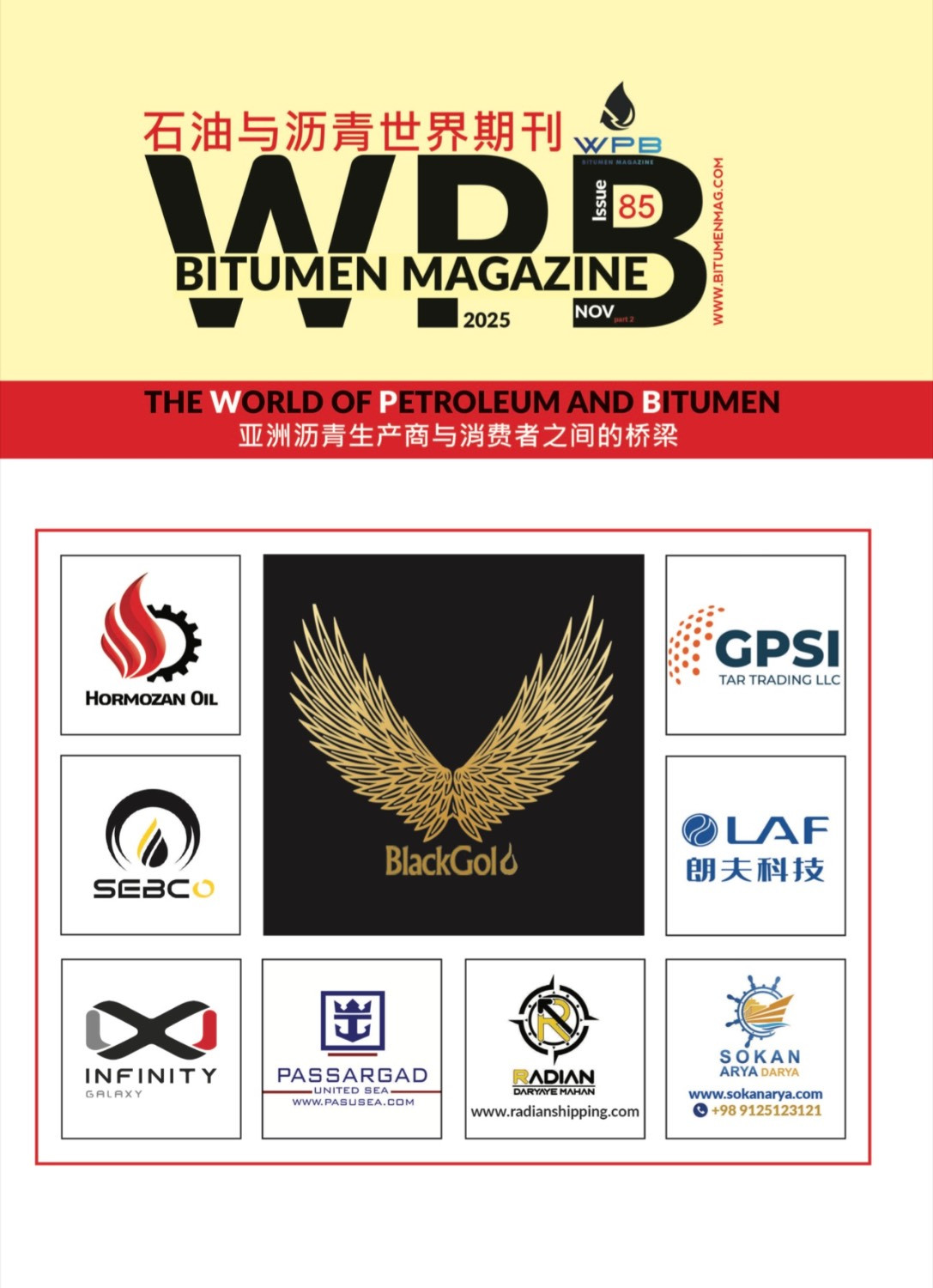According to WPB, Kazakhstan has reduced its October road bitumen plan of production by roughly one-fifth compared to last month as a response to the obvious dip in seasonal building demand. The new plan now amounts to 113,000 tons, which is a decline from 136,300 tons in September. Market analysts point out that such a change is to be expected during the time of switching from peak summer construction to the lower months when the activity of road maintenance and paving slowly dissipates.
Industry news indicates that in September, Kazakhstan's leading three bitumen manufacturers, including Caspi Bitum, Pavlodar Oil Refinery, and Qazaq Bitum, together produced around 118,041 tons of road-grade bitumen. Though they maintained constant production, the output volumes fell short of the Ministry of Energy's monthly goal.
Caspi Bitum, for example, fell short of its target of 60,000 tons by around 45,000 tons, Pavlodar Oil Refinery behind its plan by around 800 tons, and Qazaq Bitum by around 2,500 tons. These small falls both reflect supply chain problems and the gradually declining demand typical towards the end of road-construction season.
While the domestic market recovered quite tidily, there has been a bit of weakness in the bitumen price this October, traders say. Pavlodar-origin material wholesale prices weakened to 175,000–240,000 tenge per ton (VAT inclusive, EXW basis), from 175,000–250,000 tenge around the end of September. Caspi Bitum's quotations have not changed at 165,000 tenge per ton, while Qazaq Bitum continues to sell its product at an average 265,000 tenge per ton.
According to the Ministry of Energy's latest schedule of trading, Caspi Bitum's planned October selling volume on Kazakhstan's commodity electronic exchanges has been cut to 12,000 tons from September's 18,000 tons. Despite that, however, figures at the Caspian Commodity Exchange show that the company managed to sell 14,365 tons last month — slightly above its updated forecasts, reflecting undeterred commercial interest in spite of declining construction activity.
At the same time, Russian imports remain the major sector of the Kazakh market. Though total domestic consumption dropped, Russian deliveries of bitumen have continued as well, with the cost of imports increasing by around $20 per ton in October to $300–$320 per ton without the application of local taxes. The rise in price is caused by both higher logistics costs and limited local supply in the region.
Figures from KazAvtoDor, the national road company, reveal that in January to August 2025 alone, around 664,300 tons of bitumen were consumed in constructing and renewing national and municipal road networks. Of this total, about 155,000 tons were imports — emphasizing Kazakhstan's ongoing necessity for external supply when domestic demand remains strong.
For October, the production agendas of major local plants are being reshaped to accommodate seasonal reality. Caspi Bitum will have the capacity to produce around 40,000 tons, down by 35% from its September target. Pavlodar Oil Refinery also plans 47,000 tons, down 10% from the previous month's target, and Qazaq Bitum sees itself producing at the same capacity of 26,000 tons, just short of the prior schedule. Combined, these figures total Kazakhstan's October planned production to 113,000 tons — well below the September plan (136,300 tons) and September production (118,041 tons).
The October update to Kazakhstan bitumen production is evidence of a typical seasonal readjustment in the industry, holding supply over weakening December demand. Domestic output is constricting but being held up by consistent underlying infrastructure investment and an acceptable import stream from neighboring Russia. Production rates, analysts report, should recover in early spring 2026 once as-builts resume and regional temperature conditions allow.
In general, Kazakhstan's bitumen sector has operational flexibility and market balance, modifying production schedules in response to climatic and economic fluctuations while ensuring constant supply to the road construction market.
By Bitumenmag
Bitumen, Market, Price




















